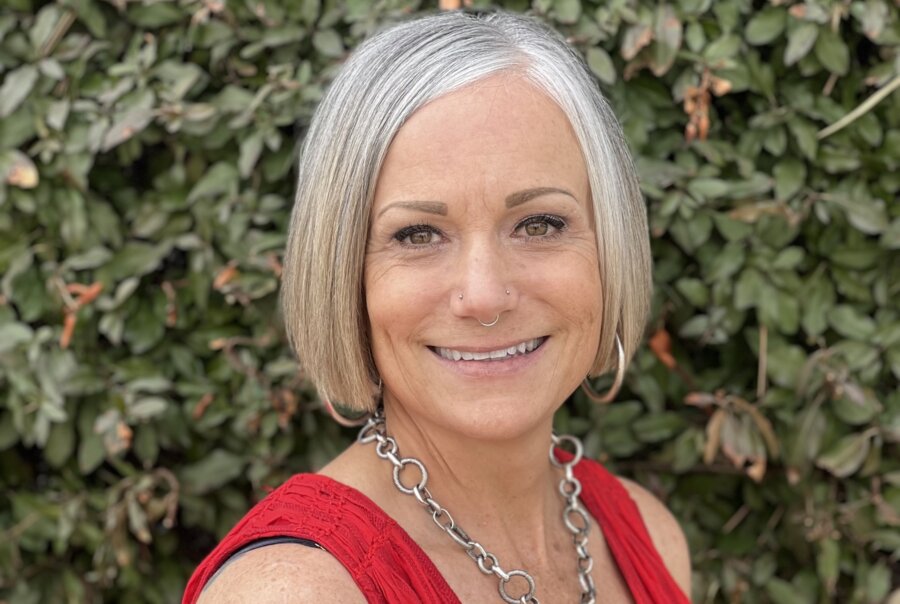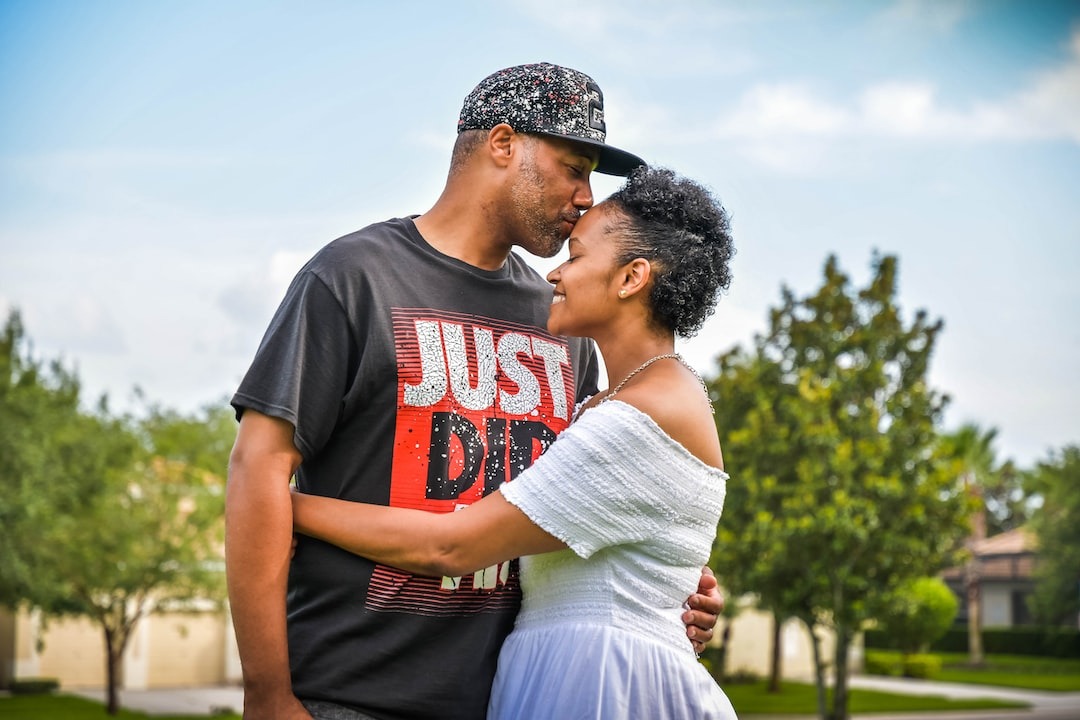
Many people may not be aware of how serious addiction and mental health issues are. According to the National Alliance on Mental Illness (NAMI), “1 in 5 U.S. adults experience mental illness each year, 1 in 20 U.S. adults experience serious mental illness each year, [and] 1 in 6 U.S. youth aged 6-17 experience a mental health disorder each year.” Also, “Suicide is the 2nd leading cause of death among people aged 10-14.” Statistics like these show why recovery is so crucial, including recovery in Longmont, Colorado.
The Importance of Location for Recovery
When it comes to recovery, it is important to connect to the right program and the right plan as soon as possible. Starting off properly can ensure that an individual attains recovery sooner than later, and, perhaps more importantly, it can help individuals avoid a mental health or addiction relapse or chronic relapsing.
Many people may not realize how common relapses actually are. According to the peer-reviewed write-up Addiction Relapse Prevention, “One primary concern in addiction treatment is the high rate of relapses within a short period after even the most intensive treatment. Many studies have shown relapse rates of approximately 50% within the first 12 weeks after completion of intensive inpatient programs that often last 4 to 12 weeks or more and can cost tens of thousands of dollars.”
Just as important as picking the right recovery program and plan is picking the right recovery location. It is important to connect to a location that has the least amount of distractions, quality access to mental health and addiction care, and a thriving recovery community. Recovery in Longmont, Colorado, offers all three of those things and more.
The Benefits of Recovery in Longmont
Longmont is an ideal place to recover. It is in close proximity to the urban hubs of Boulder and Denver, which both have exceptional recovery communities, as well as opportunities to connect to some of the most respected mental health and addiction specialists in the country.
Longmont is also in close proximity to the Rocky Mountains. Connecting to nature can be a very healing aspect of an individual’s recovery. In fact, there is an experiential therapy that focuses solely on these healing benefits: nature immersion therapy.
Longmont is an ideal place to participate in nature immersion and reap its benefits, of which there are many. According to the International Journal of Environmental Research and Public Health, “Besides physical health improvements, nature exposure can bring about positive influence upon psychological constructs such as boredom, friendliness, well-being, and liveliness. However, across more than one hundred studies on nature/wildlife exposure, stress mitigation has been shown to be one of the most consistent and important psychological benefits.”
Recovery in Longmont: The Benefits of Comprehensive Mental Health and Addiction Care
However, nature and urban proximity are not the only benefits that recovery in Longmont has to offer. Longmont also has excellent recovery options, including those offered by The Redpoint Center.
The Redpoint Center in Longmont offers effective outpatient services, ongoing clinical support, and exceptional sober living facilities. Combined with the large recovery community in Longmont, these options make The Redpoint Center an ideal place to recover from issues of addiction and co-occurring disorders.
A big part of recovery includes engaging with other people in recovery. This not only helps others, but it ultimately helps the individual as well. Recovery in Longmont offers an opportunity to become part of a recovery community and gain a sense of belonging. It is also an ideal place for individuals to start their newly sober, healthy, and successful lives anew. As is often said in 12-Step recovery, “Practical experience shows that nothing will so much insure immunity from [relapse] as intensive work with other [people in recovery]. It works when other activities fail.”
The Redpoint Center and Recovery in Longmont: Healing at the Cellular Level
Here at The Redpoint Center, we understand that location is a pivotal part of recovery. That is why we made sure that all of our locations are ideal for complete healing at the cellular level. This includes our Longmont location.
We believe in inspiring our clients to live their lives to the fullest long after they leave our recovery center doors. The beauty of Longmont, Colorado, also acts as a reminder that life in recovery is an amazing thing that is not to be missed.
Philosopher and early recovery proponent William James once wrote, “Success or failure depends more upon attitude than upon capacity successful men act as though they have accomplished or are enjoying something. Soon it becomes a reality. Act, look, feel successful, and conduct yourself accordingly, and you will be amazed at the positive results.” Longmont is an ideal place to both achieve and enjoy recovery.
The Redpoint Center and Longmont, Colorado, are both ideal places to recover. Longmont, Colorado, offers a chance for both city and nature exposure. A serene setting like Longmont can go a long way when it comes to healing at the cellular level. Here at The Redpoint Center, we offer extensive and effective treatment options that can help both teens and adults recover from issues of addiction, mental illness, or co-occurring disorders. If you feel like you or a loved one are struggling with issues related to addiction and/or mental health, we can help. For more information on why Colorado is an exceptional place to recover, please reach out to The Redpont Center today at (303) 710-8496.












